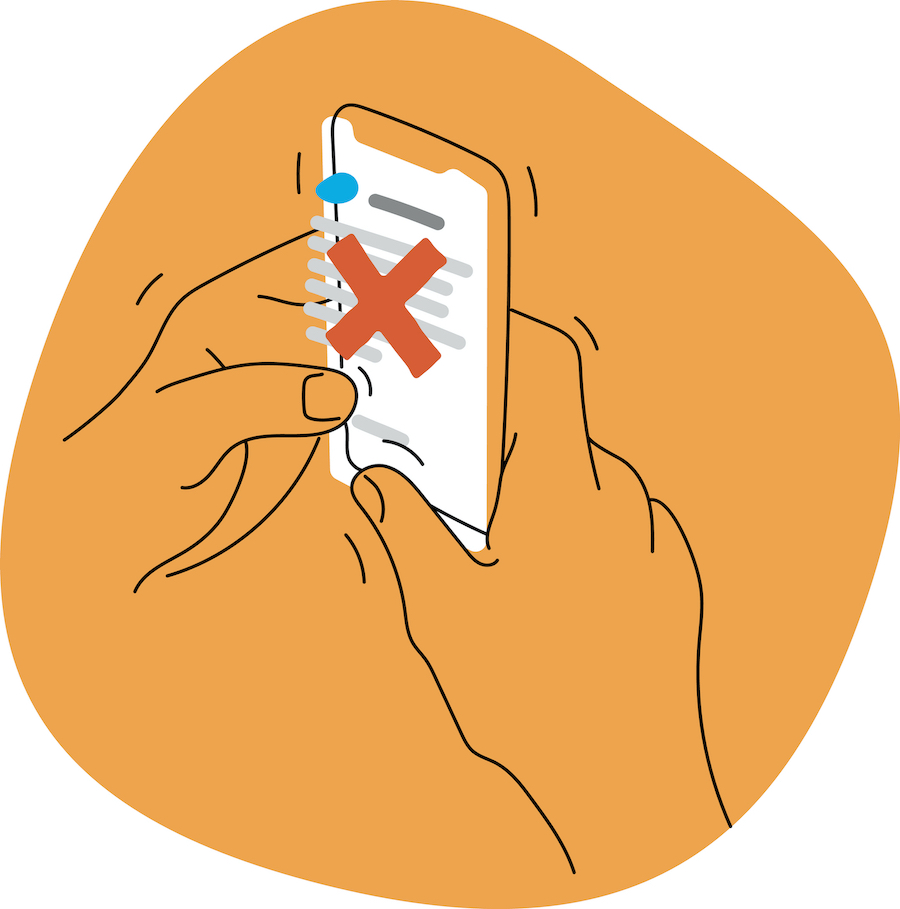Philanthropist Craig Newmark on Ethical Communication
By Greg Beaubien
March 2021
This is a modified version of a post that first appeared on PRsay on Feb. 12.
“My idea of ethical behavior is treating people like you want to be treated,” Craig Newmark said. Even while facing tough choices, “if you set that as your moral compass, it’s a really good start.”
Newmark, who, in 1995, founded the online classified-ads service Craigslist before becoming a philanthropist, was the Feb. 4 guest for the “PRSA Storytellers Series: Leading With Ethics — A View From the Top,” a live webinar hosted by the PRSA Board of Ethics and Professional Standards.
In 2016, he founded Craig Newmark Philanthropies, which supports organizations that advocate for trustworthy journalism, voter protection, women in technology, and military veterans and their families.
The foundation has given $170 million to such causes — including $1 million to the nonprofit investigative journalism organization ProPublica; $250,000 to the authors’ nonprofit PEN America, to combat disinformation and online harassment; and $250,000 to the Girl Scouts, to fund cybersecurity programs.
The webinar’s moderator, Kirk Hazlett, APR, Fellow PRSA, adjunct professor of communication at the University of Tampa in Florida, asked Newmark what had inspired him to support these organizations.
“My high-school history teacher taught me that a trustworthy press, an ethical press, is the immune system of democracy,” Newmark said. “I saw that in 2016 the immune system of democracy didn’t work so well. And that sparked a considerable acceleration of my interest in these fields.”
On Feb. 1, a Newmark-funded report was released, called “False Accusation: The Unfounded Claim that Social Media Companies Censor Conservatives.” According to the report, “The claim of anti-conservative animus on the part of social media companies is itself a form of disinformation.”
The report’s findings “really drew blood among the practitioners of disinformation,” Newmark said. “But for the most part, people are encouraging me to do more of it.” He’s funding “groups who are succeeding in making a change when it comes to the people who amplify disinformation.”
If social media platforms and newspapers “can throttle back the rate of infection by information super-spreaders, that will solve a lot of the problem,” Newmark said. “I think we are doing the good things that are necessary to make for a better country.”
A member of the webinar audience asked Newmark’s advice for responding to unethical behavior from someone in your own work team. “Sooner or later, deceptive behavior does get found out,” he said. But that revelation might “hit social media and spread virally,” which is bad for the entire team. If you see unethical behavior from someone in a higher position, “Document everything in the most discreet manner possible,” he said.
When asked how public relations helps business leaders maintain an ethical mindset, Newmark said, “If you’re a group, whether for-profit or nonprofit, you need to tell people what you’re doing” through professional communications efforts. The downside “is that it exposes you to greater scrutiny.”



